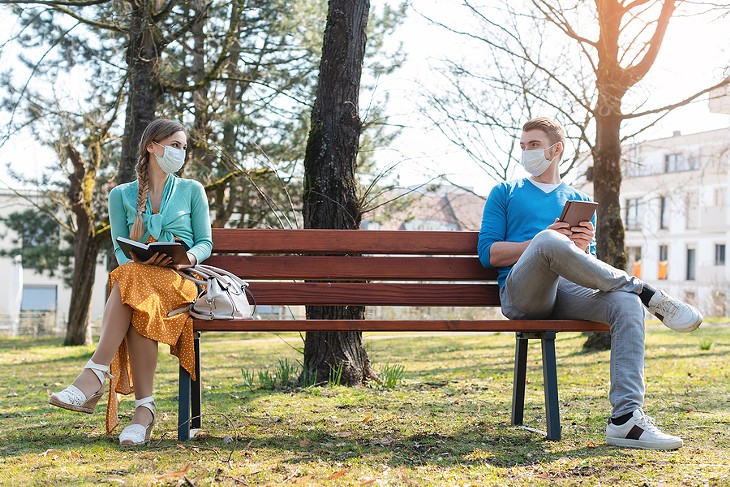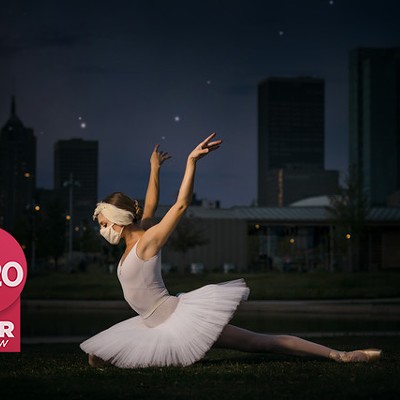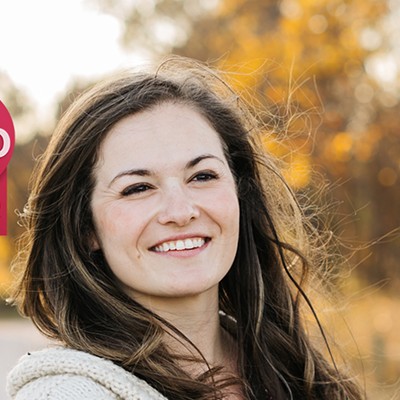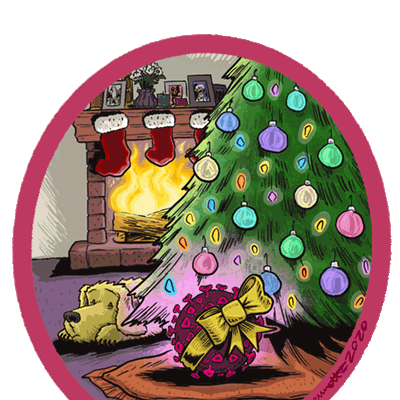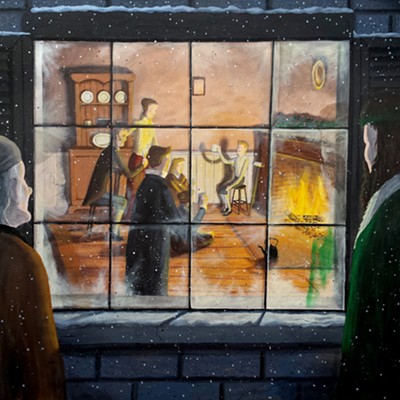Public health data shows Oklahoma City is reaching criteria defined by the White House that show it’s possible to begin a phased re-opening of business activity, Mayor Holt said. The White House criteria are:
- A 14-day downward trajectory of influenza-like illnesses and COVID-like syndromic cases.
- A 14-day downward trajectory in the percentage of COVID-19 tests that are positive.
- Hospitals can treat all patients without crisis care, and all at-risk healthcare workers have access to a robust testing program.
- See the data here.
- See the White House criteria at whitehouse.gov/openingamerica.
“May 1 is still a week away. If there is a dramatic change in existing trends, we will re-evaluate. Also, May 1 is not a light switch, it is a dimmer. If we show signs of becoming a hot spot, I will not hesitate to act aggressively, as I did not hesitate before. I know sometimes it can feel like you’re alone, and you wonder if your leaders prioritize your life. Well, I do, and I live with that obligation every day,” said Mayor Holt. “I would argue my role in this fight is minor compared to yours. In the days, weeks and months ahead you will make 1,000 choices a day that will determine your fate and the fate of this pandemic. Your life is at stake, and so are the lives of those you love. You must social distance, you must wash your hands, you must wear a mask, you should still telework or otherwise stay home if you can. If you are a decision maker for a business, church, or other group of any kind, you still have to make decisions knowing there is a deadly virus making its way through our community. Just because you can do something doesn’t mean you will, and I respect those decisions.”
You can read Mayor Holt’s full comments here, and watch his news conference here.
The new requirements will be posted before April 30 to covid19.okc.gov, and distributed in a news release and on social media.
Visit covid19.okc.gov for the latest local COVID-19 news, guidance and City services updates.
COVID-19 symptoms are fever, a dry cough and shortness of breath
- Here's a symptom tracker.
- If you’re sick, stay home. Avoid public areas. Stay away from others. Wear a mask or other face covering when you are around other people.
- If you're sick, do not go to the ER. Consult first with a health care provider. Regardless of whether tests show you have a common cold, the flu or COVID-19, doctors will tell most people to stay home, rest, get plenty of fluids and avoid contact with others.
- If your symptoms worsen, you have difficulty breathing or you have a fever for more than 72 hours, call your doctor. If you don't have health insurance or a doctor, call (405) 425-4489.
- Learn more here.
Cloth face coverings
The U.S. Centers for Disease Control and Prevention (CDC) recommends people wear cloth face coverings when making a rare public outing for essential work or errands. Some key messages:- Do NOT buy medical masks. They’re needed on the front lines of the COVID-19 pandemic.
- Cloth face coverings are for rare times you must be in public for essential work/errands. Physical distancing must continue.
- Cloth face coverings aren’t primarily to protect you. They’re primarily to protect you from accidentally infecting others. They keep germs closer to your body, instead of going onto a surface that someone else touches later — even if that person is wearing a mask.
- Many infected people take a long time to develop symptoms, or never do. If they wear cloth face coverings for rare outings, it’ll slow down COVID-19.
- What’s a cloth face covering? Here's a do-it-yourself guide from the CDC.
- If everyone does this, it will work.
Find more COVID-19 information and resources here.

